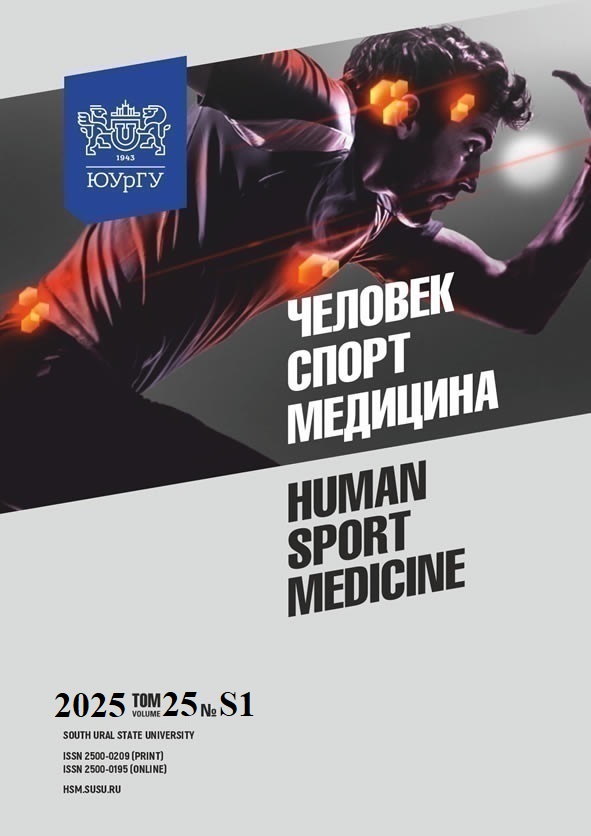FREEDOM OF LABOR IN PROFESSIONAL TEAM SPORTS
Abstract
Aim. This study identifies regulatory deficiencies in professional sports league documents governing athlete employment, focusing on conflicts with labor legislation and constitutional principles of freedom of labor. The paper proposes targeted reforms to reconcile these contradictions. Materials and methods. The research employs comparative legal analysis of sports organizations’ regulations versus Russian labor law and legal modeling to develop compliance frameworks. Results. The analysis of documents governing the relationship between professional athletes and their clubs in team sports has revealed several systemic issues, primarily concerning unjustified differential treatment in the legal regulation of professional athletes’ labor rights and systematic favoring of club interests over players’ rights. Key problematic areas requiring legal scrutiny include contractual provisions for young athletes in professional leagues, player transfer mechanisms, and restrictive contract termination procedures for athletes. These findings raise questions about the compatibility of current sports labor practices with constitutional principles and labor legislation standards. Conclusion. Certain aspects of the legal regulation governing professional athletes’ employment are shaped by the traditions of the Soviet and Russian training systems, as well as the unique nature of professional sports organizations. However, certain provisions in the regulatory frameworks of team sports require substantive reform. Regulatory documents should establish clear parameters for financial settlements in cases of athlete-initiated contract termination, such as those implemented in the Kontinental Hockey League. The conditions governing temporary player loans must be explicitly formalized, stipulating that such transfers require the athlete’s consent as a mandatory condition. The current practice of transferring players to another team without their consent violates the principle of freedom of labor and contradicts labor rights. Such forced transfers should be prohibited.
References
References on translit
Copyright (c) 2025 Human. Sport. Medicine

This work is licensed under a Creative Commons Attribution-NonCommercial-NoDerivatives 4.0 International License.















